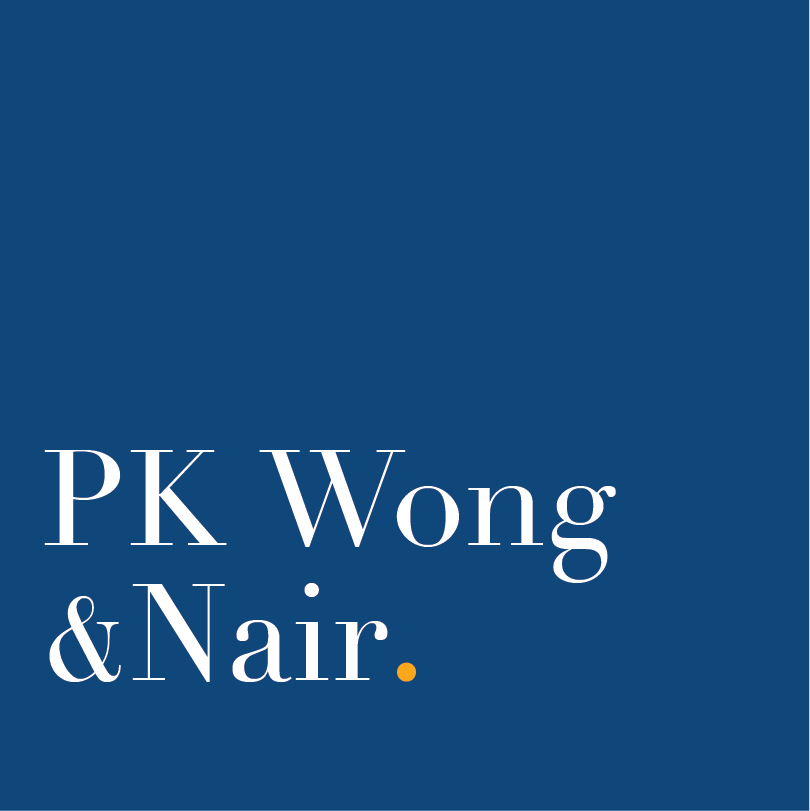Arguably one of the defining affairs of the year 2020, the COVID-19 pandemic swept across the world at an unprecedented rate, dealing a crippling blow to the global community and people’s lives, health, livelihoods, and lifestyles.
On 14 December 2020, a collective sigh of relief could be heard across the nation as Prime Minister Lee Hsien Loong announced that the Pfizer-BioNTech vaccine has been approved for use in Singapore by the Health Science Authority (“HAS”) and will be free for all Singapore citizens, Singapore permanent residents, and long-term residents who are currently in Singapore (i.e., work permit, S-pass, employment pass, long term visit pass and dependant’s pass holders).
Vaccination, in conjunction with diligent safe management measures, forms an integral part of the Singapore Government’s strategy to combat against COVID-19 and its efforts to enable the country to return to normalcy. In consonance with the recommendations by the Expert Committee on COVID-19 Vaccination, the Government wishes to achieve as high a level of vaccination coverage as possible in Singapore and strongly encourages (but does not mandate) all individuals who are medically eligible to be vaccinated.
Having said that, though the introduction of the COVID-19 vaccination plan has been widely welcomed, it has also given rise to several legal issues and areas of uncertainty, particularly in the area of employment law. Notably, one of the key concerns which has been raised to us, by both employers and employees alike, has been whether an employer is permitted to unilaterally impose a mandatory COVID-19 vaccination policy in the workplace on its employees.
Can an employer make COVID-19 vaccinations mandatory for its employees?
Our position is that an employer cannot make it mandatory for its employees to get the COVID-19 vaccination if they refuse to, as such a requirement would generally be considered unreasonable in most cases. Rather, employers should strongly encourage its employees to do so and may wish to also provide staff with information about the vaccine to enable them to make an informed decision.
This is in line with the Singapore Government’s current stance under its COVID-19 vaccination plan, whereby it is strongly recommended and encouraged that the entire population be vaccinated as far as possible, but that vaccinations remain voluntary.
Legal Position in Singapore
Generally, an employer may only implement and enforce a mandatory requirement on its employees if:
- it is necessary to ensure the safety and health of its employees at work or any other persons in the workplace;
- it is a lawful and reasonable order in which an employee is obliged to comply; and/or
- it is necessary for compliance with any other applicable law or regulation.
The Workplace Safety and Health Act (Cap. 354A of the Singapore Statutes) (“WSHA”) provides that every employer has a duty “to take, so far as is reasonably practicable, such measures as are necessary to ensure the safety and health of his employees at work”. With the current COVID-19 climate, all employers must therefore take all reasonable steps to safeguard their employees’ safety and health or risk being in breach of its WSHA obligations. However, while this will likely require employers to diligently implement the safe management measures as recommended by the Government, it is unlikely to be read broadly enough to also include the imposition of a requirement for compulsory vaccination.
In the absence of any legal provision in Singapore permitting an employer to require that its employees get a COVID-19 vaccination, a mandatory vaccination requirement will only be enforceable by employers on its employees if it is reasonable and lawful, such that refusing to comply may amount to a breach of the employee’s duty of obedience or insubordination. Such a determination is ultimately a fact-driven assessment, but some of the factors to be considered in this balancing exercise should include:
- Position taken by the Government
At present, the Singapore Government’s stance is that the COVID-19 vaccination is recommended, but voluntary. Accordingly, given the voluntary nature of the vaccination plan in Singapore, it will likely be unreasonable for employers to enforce a more onerous requirement mandating all employees get vaccinated.
- Nature of the Employees’ Roles and/or the Individual’s Circumstances
A key factor that employers should take into consideration will be the nature of the operations of the business along with the roles of its employees (e.g., client-facing, vulnerability individuals/customers), and whether any reasonable alternative accommodations can be made.
In addition, exceptions may need to be made for certain employees such as those who may not be medically eligible for the vaccine or other reasonable reasons (e.g., religious belief).
- Level of Risk of the Virus
The level of risk of the COVID-19 virus (e.g., transmission, severity) should also be balanced against the risk of the potential side effects of this newly developed vaccine. Currently, the number of COVID-19 case numbers in Singapore is relatively low and, while the vaccine has been determined by HSA to be effective and safe for use, the potential long-term side effects of the vaccine may not have been fully understood so soon after its development. It can be argued therefore that the level of risk of the virus may not justify forcing unwilling employees to potentially expose themselves to the uncertainty of the long-term side effects of the vaccine.
This is also consistent with the position taken by experts such as Associate Professor Hsu Li Yang, who is currently the Vice Dean of Global Health and Programme Leader of Infectious Diseases at the NUS Saw Swee Hock School of Public Health, and Dr Leong Hoe Nam, who is an infectious disease specialist practising at Mount Elizabeth Novena Hospital.
However, it should be noted that this may change or evolve from time to time and so employers should keep up to date on the COVID-19 developments.
Another interesting point to note may also be the potential liability which an employer may open itself up to if it imposes a mandatory vaccination requirement in the workplace and an employee thereafter experiences severe side effects.
Ultimately, whether an employer make the vaccination of its employees mandatory will largely be a fact-specific assessment but it is our view that, generally, an employer cannot compel employees to get the COVID-19 vaccination against their will unless there is a statutory or regulatory requirement.
Developing a Safe Management Measures and Vaccination Policy
While it may not be possible to implement a compulsory vaccination policy in the workplace, there are still many steps which companies can take during this time, for instance:
- Encouraging and facilitate employees to get the COVID-19 vaccination
Employers should take a strong stance in encouraging employees to get the COVID-19 vaccination. For instance, management can pave the way to receive their vaccination shots first and lead by example. This may foster greater confidence for employees to follow suit.
Rather than adopting a harsher disciplinary approach, employers may wish to instead offer incentives for those who get vaccinated (e.g., giving time-off) and also facilitate getting vaccinated (e.g., additional paid sick leave for employees who may experience side effects from the vaccination).
- Develop a Safe Management Measures and Vaccination Policy
A safe management measures and vaccination policy should be implemented and made available to all employees of the company. This should set out the obligations and safe management measures which have been put in place by the company and which the employees are required to abide by. This may also extend to the company’s policy on visitors permitted to enter the workplace. Where necessary, an exemption process or framework may also have to be set out for how the company will process and plan for exemption requests by employees (e.g., documentation needed, necessary working accommodations).
- Maintain robust safe management measures in the workplace
Safe management measures should continue to be enforced in the workplace in accordance with the regulations set out by authorities even after employees have gotten vaccinated. This may be particularly important in workplaces with large numbers of vulnerable individuals (e.g., pregnant women).
This issue will have to continue to be monitored for any further guidelines, direction or regulations from the Government or relevant authorities.
Please feel free to contact Jennifer Chih (jennifer.chih@pkwongnair.com) or Maria Chang (maria.chang@pkwongnair.com) if you require more information.
“The information provided in this page is for general informational purposes only and is not intended to constitute legal advice. We do not warrant its accuracy or completeness or accept any liability for any loss or damage arising from any reliance thereon. While we strive to provide accurate and up-to-date information, the legal landscape is constantly evolving, and the details of any given case may change over time.”

